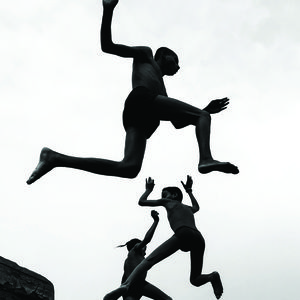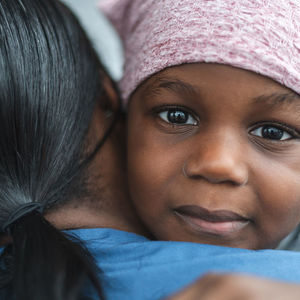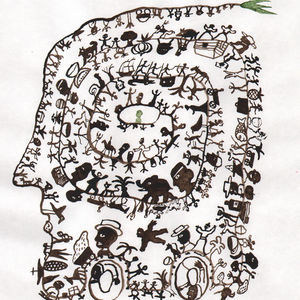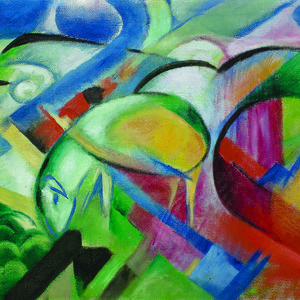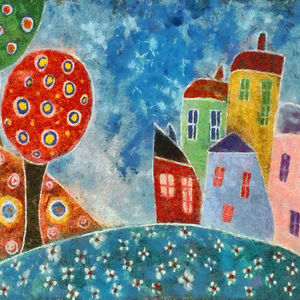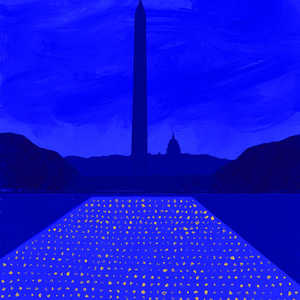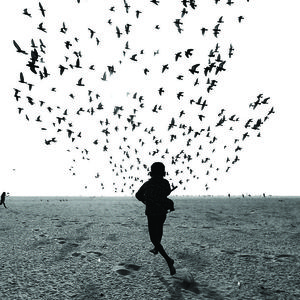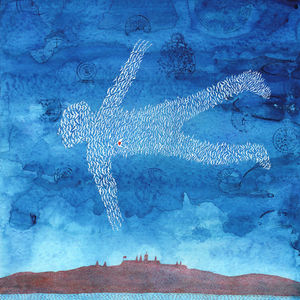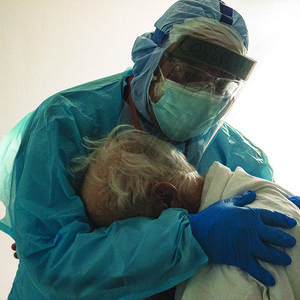- Doing Good
- Goodness Gracious
- Pain Relievers
- Call It Human Nature
- Storylines
- The Sickness Swing
- The Sound of Sublime
- Moving Pictures
- Body Language
- A Quiet Incarnation
- Giving Upward
- Dauntless Luminescence
- The Shining Joy of Falling Flat on Your Face
It takes real effort to be unkind, to be unforgiving, to be vengeful. Goodness? It’s who we are. It’s our default mode. To point out acts of goodness is like pointing out a beautiful sunset. It’s a part of the natural rhythm of life.
My daughter brews me a cup of black coffee. My son sends me a text to tell me he loves me. My wife makes me a delicious salmon dinner and delivers home-cooked meals to our children. In the early days of COVID-19, during a class I teach at Stateville prison in Illinois, an inmate, an older white man with a ponytail, asks a Northwestern undergraduate student if her extended family in Korea is healthy. A church organ salesman befriends a dying prisoner and fights for his release. A pastor at a church in a St. Louis suburb provides refuge for an immigrant from Honduras who faces deportation. (The man has now been at the church for three years.)
Ask any of these people about goodness, and they’ll undoubtedly shrug. It’s who they are. So why do some of us heed the call of those who demean and diminish others, those who traffic in slanderous falsehoods? It’s not as if goodness has dripped away. That immigrant from Honduras? He lived in a small, rural, American town where a large majority had come to believe that immigrants were a threat. But they had also come to love him. On the one hand, they are generous and full-hearted. On the other, one wrote of Alex, the immigrant, “If you want to deport somebody, why not go to any major city and round the troublemakers off the streets and send them back to where they came from???”
The people of that town are evidence that goodness and hate can live side by side, nourished even in the same organism, fighting for the same oxygen. I can’t pretend to know why, for some, the darkness overcomes all else. But for those it does, it takes its toll. I see it in the tired, drawn faces of those who loathe others, those who seek retribution, those who can’t see beyond themselves. It pushes everyone away. It drains one of joy. It deadens the soul.
In this time of pandemic, when everyone is caught up in their own need and will to survive, it would, I suppose, be easy to pull inward and push the world away. But I see these small acts of goodness everywhere I go. A country rock band gives a free concert from a front porch. Someone leaves a red wooden chair along the Chicago lakefront, a place for people to sit and rest and muse. From the rear of a truck, a woman hands out meals to the people bedded down beneath an overpass. Nurses, nursing students, pharmacists, doctors drop what they’re doing at a local hospital to give the elderly their vaccinations. Someone graffitis the neighborhood with the heartening words, “Everything Will Be Okay.”
Sometimes goodness arises because of rancor. It happened when immigrant parents were separated from their children. People stepped in to challenge the policy, to reunite families and comfort the kids. That equation doesn’t work the other way around. Rancor doesn’t arise because of goodness.
Goodness? It’s who we are. It’s who we want to be. It’s who we think we are. And when that goodness dissolves in some, we can only question, agitate and engage, all with the aim of pushing them to recognize our shared humanity.
Alex Kotlowitz’s four books include An American Summer, which was awarded the J. Anthony Lukas Book Prize, and There Are No Children Here, selected by the New York Public Library as one of the 150 most important books of the 20th century. He was a visiting professor at Notre Dame for seven years.
